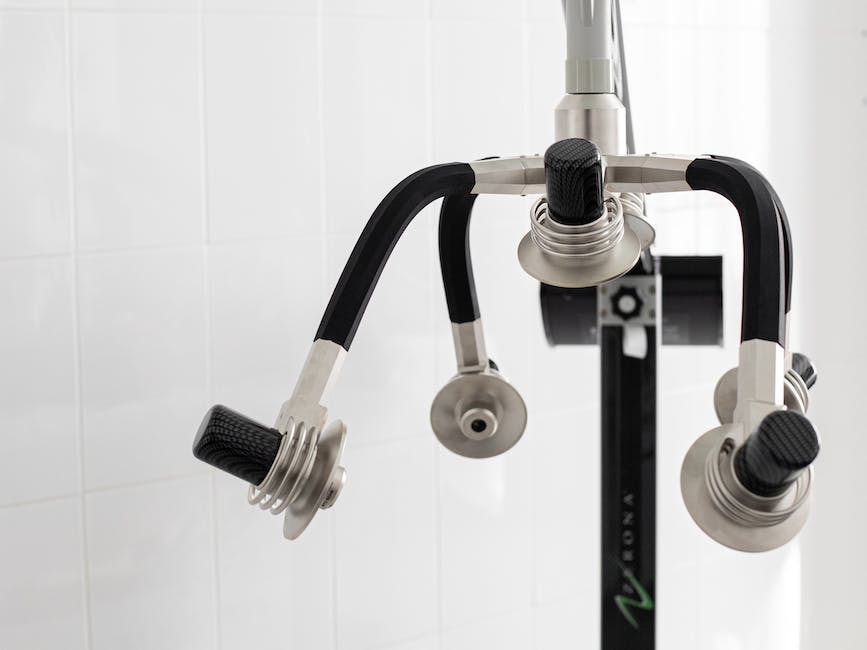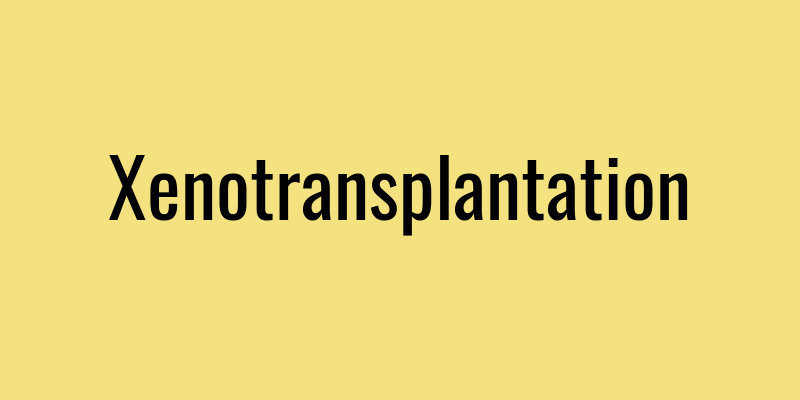The Pros and Cons of Universal Health Care
Exploring the Benefits and Drawbacks of Universal Health Care Systems
Universal health care, also known as public health care, is a system that provides quality medical services to all citizens. It is a hotly debated topic around the world, with proponents and opponents arguing about its merits and demerits. Proponents believe it ensures access to essential health services for everyone, while opponents argue that it leads to long waiting times and lower quality of care. In this article, we will explore the advantages and disadvantages of universal health care to provide a comprehensive understanding of this complex issue.
Universal health care systems aim to provide citizens with access to essential health services without suffering financial hardship. These systems are often funded through taxation and government resources, and the delivery of care can be managed through government agencies, private entities, or a combination of both. Despite the noble goal of ensuring health care for all, universal health care systems have their own set of advantages and disadvantages that are important to consider.
Pros
Universal health care offers several compelling advantages that make it an attractive option for many nations around the world. Advocates of this system argue that it leads to better health outcomes, reduced financial burden, and greater social equity.
Improved Health Outcomes
One of the primary advantages of universal health care is its potential to improve overall health outcomes. By providing access to preventive care, early intervention, and treatment for chronic conditions, universal health care can lead to a healthier population. When individuals have timely access to medical services, they are more likely to seek necessary care, leading to better management of health conditions and improved overall well-being.
Preventive Care Emphasis
Universal health care systems often emphasize preventive care, which can lead to early detection and treatment of illnesses. By promoting regular check-ups and screenings, individuals can avoid more serious health issues and reduce the burden on the healthcare system.
Reduced Financial Burden
Another significant advantage of universal health care is the reduced financial burden on individuals and families. In a system where essential health services are covered through public funding, citizens are not required to bear the full cost of medical care out of pocket. This can alleviate the financial stress associated with unexpected illnesses or injuries, ensuring that individuals are not forced to choose between their health and their financial stability.
Greater Social Equity
Universal health care promotes greater social equity by providing all citizens with access to necessary medical services, regardless of their socioeconomic status. By ensuring that everyone has the opportunity to receive essential health care, regardless of their ability to pay, these systems work to reduce disparities in health outcomes and improve overall societal well-being. As a result, universal health care can contribute to a more equitable and inclusive society.
Enhanced Public Health
With universal health care, there is a collective emphasis on public health initiatives such as vaccination programs, disease control, and health education. This can lead to a healthier population overall, benefiting society as a whole and reducing healthcare costs in the long run.
Missing a pro?
Let us know which pro you are missing!
Cons
While universal health care offers several advantages, it also presents certain drawbacks that warrant consideration. Critics of this system argue that it can lead to inefficiencies, reduced innovation, and limited consumer choice.
Long Wait Times
One of the drawbacks of universal health care is the potential for long wait times for non-emergency medical procedures. Due to the increased demand for services, some patients may experience delays in receiving specialized treatments or surgeries.
Potential for Inefficiencies
One of the main criticisms of universal health care is the potential for inefficiencies in the delivery of medical services. In some cases, government-run health care systems may face challenges related to bureaucratic processes, long wait times for specialized care, and limited flexibility in decision-making. These inefficiencies can lead to frustration among both patients and providers, impacting the overall quality and timeliness of care.
Limited Consumer Choice
Universal health care often entails limitations on consumer choice regarding medical providers and treatment options. In some systems, patients may face restrictions on the selection of physicians, hospitals, or specialized services. This reduced autonomy in decision-making can be viewed as a disadvantage, particularly for individuals who prioritize freedom of choice and access to a wide range of medical providers and treatment alternatives.
Reduced Innovation
Critics argue that universal health care systems may stifle innovation in the medical field. With centralized decision-making and budget constraints, these systems may limit the incentives for medical research and technological advancement. As a result, there is concern that the pace of innovation in treatments, medications, and medical technologies may be slower within the constraints of universal health care systems.
Budgetary Strain
Implementing and maintaining a universal health care system can place a significant strain on government budgets. The cost of providing comprehensive healthcare coverage to all citizens may require higher taxes or reallocation of funds from other essential services.
Missing a con?
Let us know which con you are missing!
Conclusion
In conclusion, the debate surrounding universal health care is complex and multifaceted, with valid arguments on both sides. While advocates emphasize its potential to improve overall health outcomes and reduce financial burden, critics raise concerns about inefficiencies, reduced innovation, and limitations on consumer choice. As nations continue to evaluate and refine their health care systems, it is essential to weigh the advantages and disadvantages of universal health care in the context of each country's unique societal, economic, and political factors.
What do you think?
Do you think the pros outweigh the cons?










